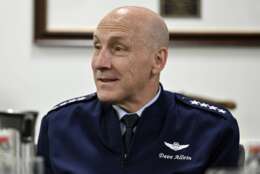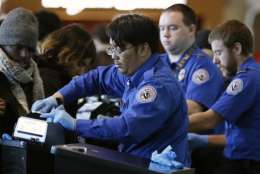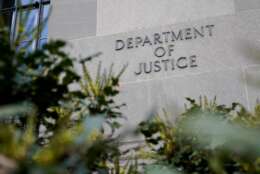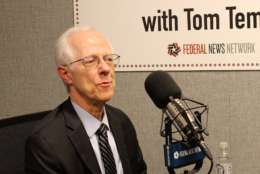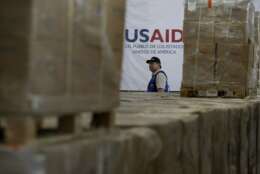Federal Drive
-
In today's Federal Newscast: A new Air Force Chief of Staff is waiting in the wings. A Justice Department employee group urges the attorney general to resist efforts to reduce telework. Congress demands answers about the cancellation of MyTravel. And the Securities and Exchange Commission adopts new cyber rules for public companies.
July 27, 2023 -
Congress authorized the creation of the Office of the National Cyber Director back in 2021, and the White House issued the National Cybersecurity Strategy earlier this year. So how is it doing implementing said strategy? Well, the Government Accountability Office looked to answer that very question with a snapshot of where things stand.
July 26, 2023 -
Other Transaction Authority (OTA) acquisitions have become popular in the Defense Department and other agencies, to the tune of billions of dollars a year. OTA's have guardrails against abuse of this method of buying. The Office of the under secretary of Defense for acquisition and sustainment earlier this month released fresh OTA guidance that seeks to dispel what it calls some of the myths. For analysis,
July 26, 2023 -
For the Transportation Security Administration, what happens in Las Vegas certainly does not stay there. TSA recently opened a new officer training center near the Las Vegas Airport, and new hires trained there take their knowledge all over the country.
July 26, 2023 -
In today's Federal Newscast: Harry Coker, an alumnus of the NSA and CIA, is nominated to serve as national cyber director. In less than a fortnight, the Air Force reinstates its aviation retention bonuses. And a federal contractor is guilty of a $7 million methodology mistake.
July 26, 2023 -
When agencies enact new rules aimed at curtailing some aspects of the larger national economy they can sometimes lead to conflicting impacts on federal contracting, both for the companies and the federal agencies.
July 25, 2023 -
With the passage of the Inflation Reduction Act, the CHIPS and Science Act, and the Infrastructure Investment and Jobs Act, that means a large amount of investment from both the private and public sector. With much of it going to local infrastructure and manufacturing endeavors, it can be tough for people, especially private citizens, to find out where that money is going.
July 25, 2023 -
The U.S. Agency for International Development operates throughout the world, but all its work is local. It's been on a drive to concentrate more contract and grant dollars to organizations in the countries where a project is occurring. At USAID, they call that localization.
July 25, 2023

